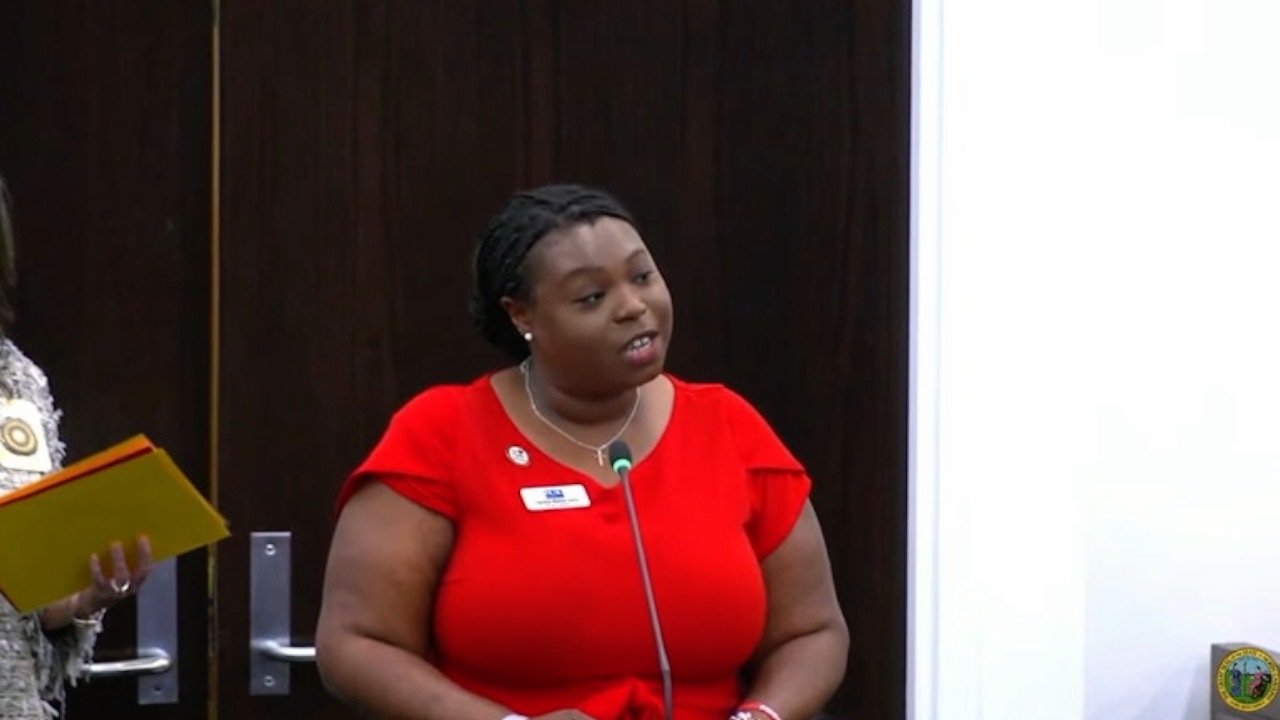Thousands of N.C. families will watch with interest as the state Court of Appeals tackles a case scheduled for oral arguments this week.
The state’s second-highest court will determine the next steps for a lawsuit challenging the popular Opportunity Scholarship Program. That program increases options for lower-income families whose children struggle in traditional public schools. The scholarships help those families choose private school options that better meet the children’s needs.
More than 20,000 students use Opportunity Scholarships now to attend more than 500 private schools across North Carolina. State lawmakers recently increased both the size of the scholarship and the upper bounds of income eligibility. As of early May, the program had received more than 13,000 new applications for 2022-23. That’s a 30% increase over the previous year, according to Parents for Educational Freedom in North Carolina.
All of those families could face an impact from a lawsuit now sitting in the state Appeals Court.
Appellate judges must determine whether the lawsuit will remain with a single Wake County trial judge or move to a three-judge Superior Court panel. That decision doesn’t sound very exciting, but resolution of the issue could have a major impact on the lawsuit’s outcome.
To explain why, it’s important to distinguish two different types of constitutional challenges to N.C. laws. The first is called a “facial challenge.” Critics contend that a law is unconstitutional “on its face,” meaning that there are no circumstances in which the law can stand.
Opportunity Scholarships already have survived a facial challenge. The N.C. Supreme Court ruled in 2015, by a 4-3 vote, that the program could proceed. Nothing within the state constitution blocked state lawmakers from creating a scholarship program, according to the court’s majority.
The current lawsuit, led by Tamika Walker Kelly of the N.C. Association of Educators, takes a different tack. NCAE is the state branch of the National Education Association, a national teachers union. Teachers unions have been among the most vocal opponents of parental school choice programs across the country, including Opportunity Scholarships in North Carolina.

Kelly and her fellow plaintiffs contend they are not challenging the OSP law on its face. Instead they claim to be proceeding with the second type of constitutional challenge. They argue that the program violates the constitution “as applied” to their particular circumstances.
An “as-applied challenge” can proceed before a single judge. A “facial challenge” requires a three-judge panel.
The national Institute for Justice is working with parents to defend the scholarships against Kelly and the union. IJ lawyers poke holes in the plaintiffs’ arguments.
“Conspicuously, Plaintiffs do not disavow that their claims seek to invalidate the Opportunity Scholarship Program for everyone, and would thus require a statewide remedy. This is a textbook example of facial relief,” according to an IJ brief filed in March.
“This Court should rebuff Plaintiffs’ efforts to mischaracterize their claims,” the brief continued. “No matter how much Plaintiffs purport to concede the statutes’ facial validity or dress up their claims in ‘as applied’ language, their claims do what all facial claims do: target the statutes’ facial content and thus require the statutes themselves to be invalidated or fundamentally changed. The claims are thus facial challenges that must be transferred to a three-judge panel.”
Lawyers from state Attorney General Josh Stein’s N.C. Justice Department also take aim at the plaintiffs’ claims. State government lawyers note the Kelly lawsuit’s attack on private schools’ religious ties.
“[N]othing in the challenged statutory scheme allows State Defendant … to inquire into the religious beliefs or practices of participating schools,” according to a Justice Department brief. “Plaintiffs’ assertion that their challenge is an as-applied challenge because they are simply challenging the statute as ‘implemented’ is misdirection.”
“Because the statute, as written, doesn’t allow for the religious oversight seemingly urged by Plaintiffs, the challenge they are raising is one concerning the text of the statute on its face, not any application of the existing provisions,” the state’s brief added. “Second, because the statute doesn’t authorize the religious oversight and ‘implementation’ sought by Plaintiffs, the individual facts and circumstances of each Plaintiff offer little to assist in the evaluation of whether the statute as written is constitutional, which strongly favors a holding that Plaintiffs have asserted a facial challenge.”
Regardless of the path the lawsuit takes in the months ahead, before one judge or three, the case might ultimately reach the N.C. Supreme Court. That court would have a chance to uphold or reverse its seven-year-old precedent upholding the scholarships.
The dispute offers Opportunity Scholarship parents and other voters an important reminder: Judicial races at the bottom of North Carolina’s election ballot have real-world impacts.
Mitch Kokai is senior political analyst for the John Locke Foundation.